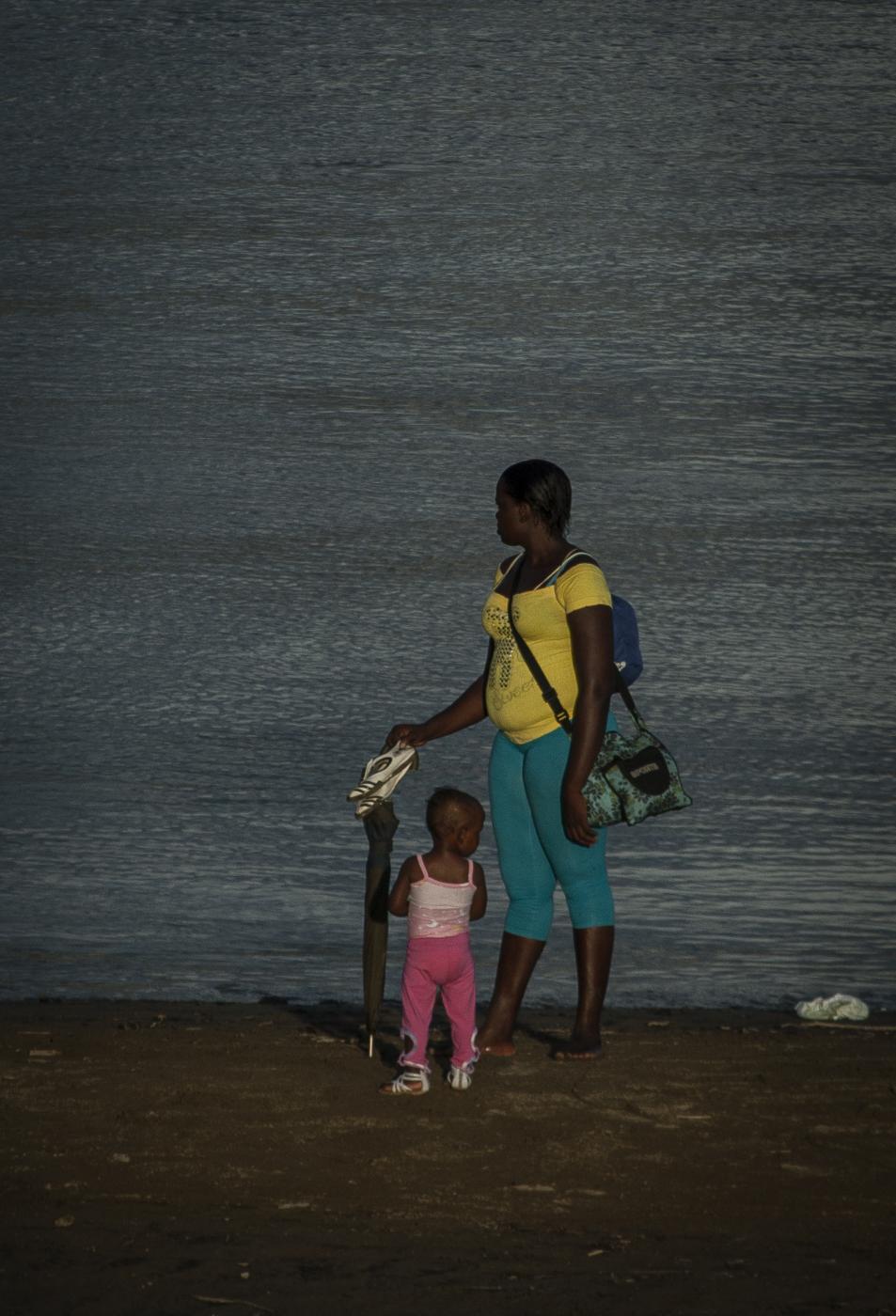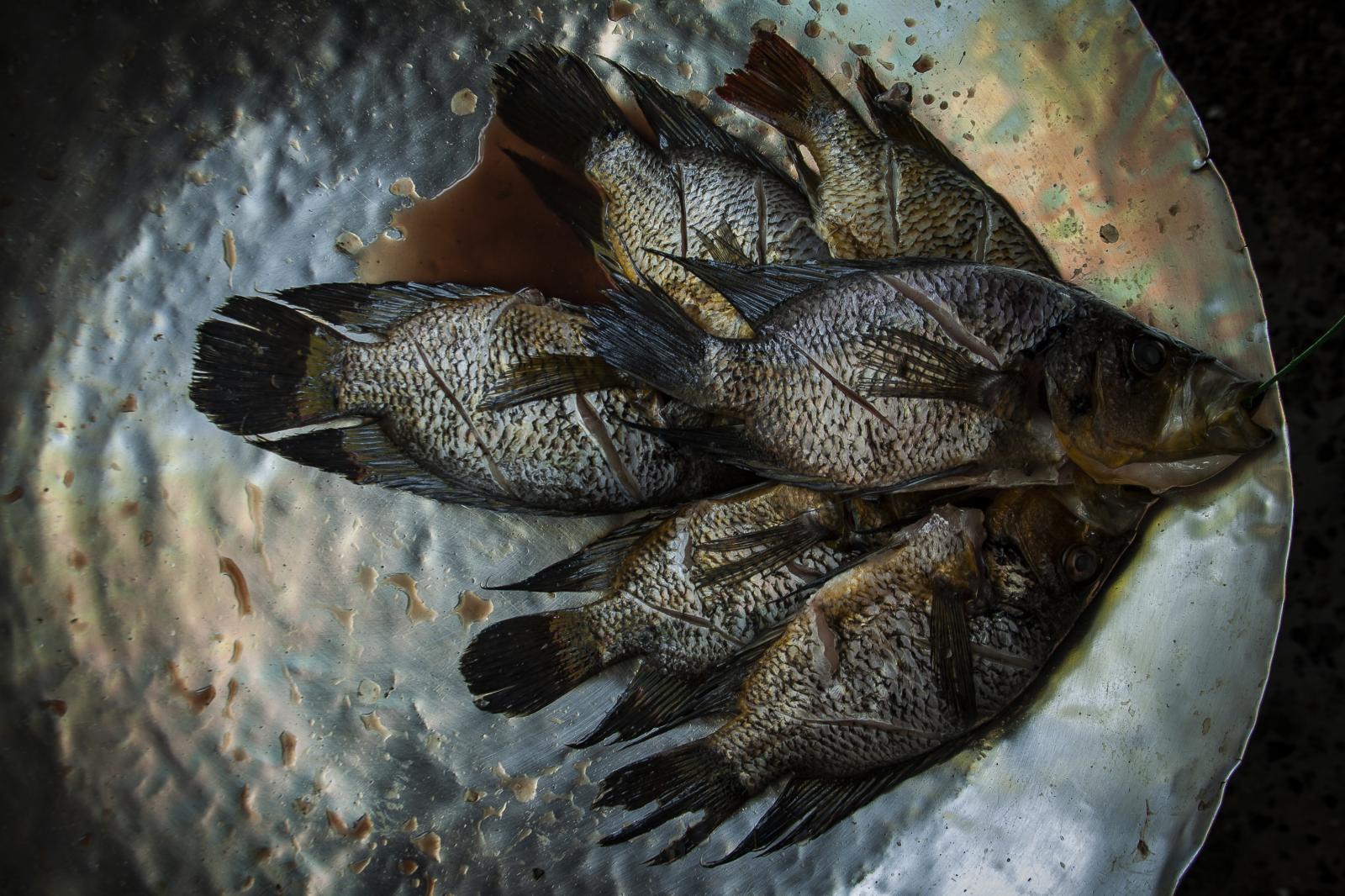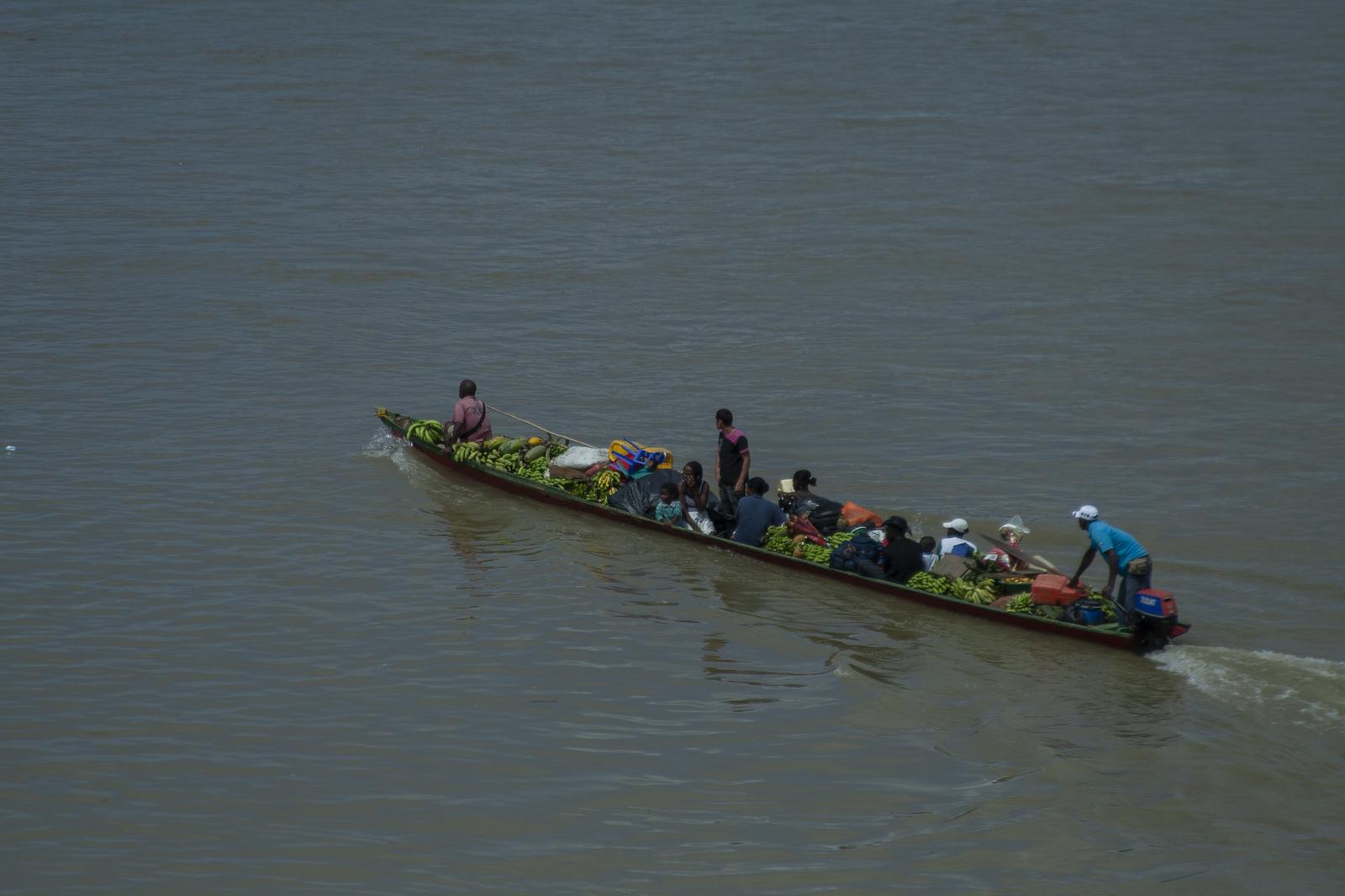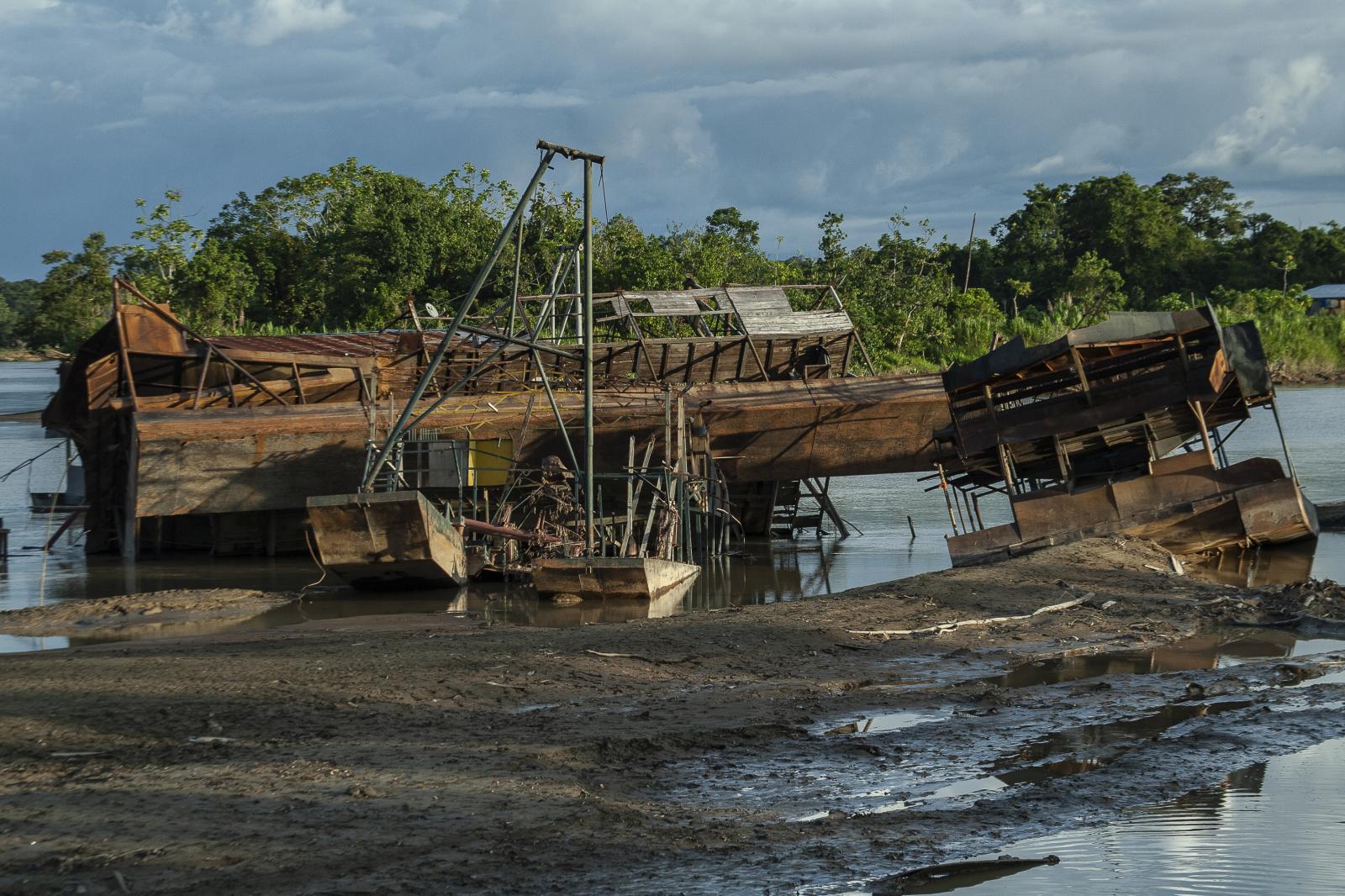Public Story
The forgotten land
Summary
The biogeographic Chocó is a vast forgotten region in the Colombian Pacific territory, inhabited by Afro-descendant and indigenous communities that for decades have struggled to cope with the precarious development of their basic infrastructure and the state abandonment that they still face today. Its capital, Quibdó, located on the banks of the Atrato River, stands out as the representative city at the administrative level where all the problems of the riverside communities (Afro and indigenous) that communicate along the Atrato River converge and generate the base of their economy.
On the edge of the river of poisoned fish
Colombia 2013.
The biogeographic Chocó is a vast forgotten region in the Colombian Pacific territory, inhabited by Afro-descendant and indigenous communities that for decades have struggled to cope with the precarious development of their basic infrastructure and the state abandonment that they still face today. Its capital, Quibdó, located on the banks of the Atrato River, stands out as the representative city at the administrative level where all the problems of the riverside communities (Afro and indigenous) that communicate along the Atrato River converge and generate the base of their economy.
Fish forms the cornerstone of food security in the area, with a bountiful river providing what is needed. However, it also faces the threat of poisoning its waters due to illegal mining. This activity is carried out in an artisanal way by settlers who seek to survive in their day to day, as well as by groups outside the law that exploit mining as part of their war economy.
Colombia 2013.
The biogeographic Chocó is a vast forgotten region in the Colombian Pacific territory, inhabited by Afro-descendant and indigenous communities that for decades have struggled to cope with the precarious development of their basic infrastructure and the state abandonment that they still face today. Its capital, Quibdó, located on the banks of the Atrato River, stands out as the representative city at the administrative level where all the problems of the riverside communities (Afro and indigenous) that communicate along the Atrato River converge and generate the base of their economy.
Fish forms the cornerstone of food security in the area, with a bountiful river providing what is needed. However, it also faces the threat of poisoning its waters due to illegal mining. This activity is carried out in an artisanal way by settlers who seek to survive in their day to day, as well as by groups outside the law that exploit mining as part of their war economy.


























